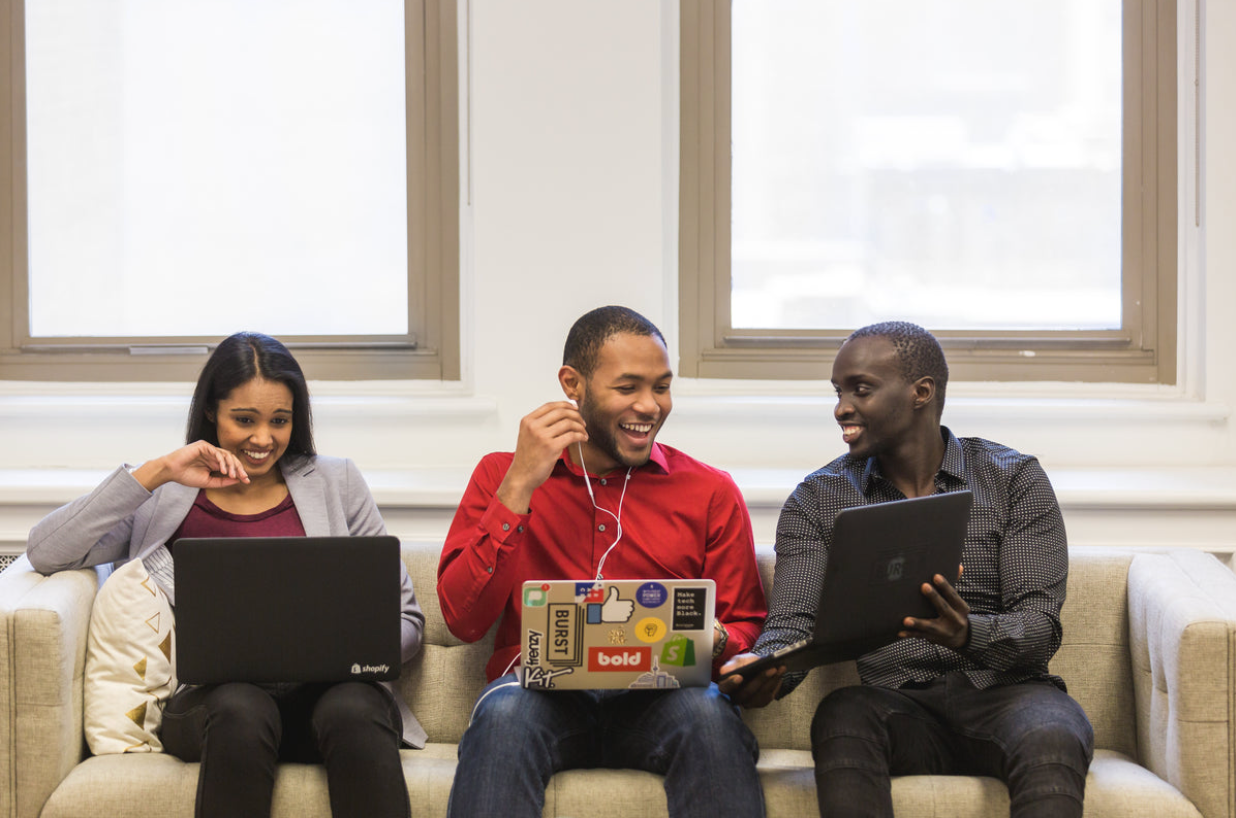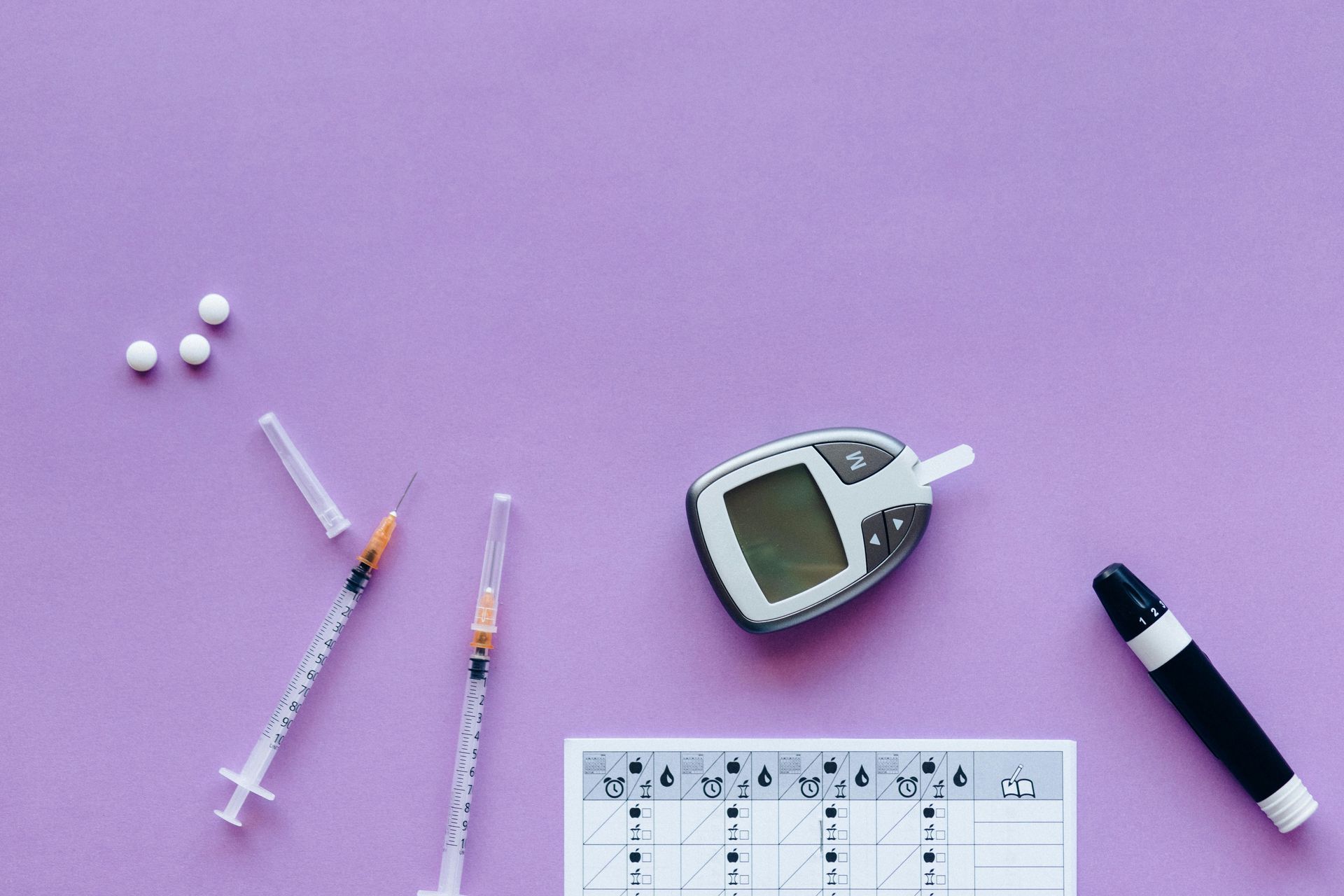The Price of Hustle: Is Your Mental Health Paying the Cost?
The Price of Hustle: Is Your Mental Health Paying the Cost?
As people within current Western society, we are enthralled in what is known as the hustle culture. You may experience it as the typical daily routine of waking up, checking your phone, getting ready for work, rechecking your phone, rushing to your 9-5, and spending most days answering emails or attending meetings.
When you finish work, you meet a friend or spend the evening watching Netflix while you make dinner. You may have time to go to the gym or read a new book. Or if you have kids, you spend the remainder of the day ensuring they’re fed, clean, doing homework or attending their extracurricular activities and are in bed on time. Then you go to sleep and do it all over again.
This endlessly busy lifestyle can sometimes be exhausting, leaving little time to address underlying stress or anxiety. For those feeling overwhelmed, virtual Anxiety Treatment can offer a convenient and effective way to manage these challenges, helping to find balance amidst the chaos while fitting seamlessly into a packed schedule. At least you’re getting stuff done, right?

We are driven to participate in this hustle culture, which is the collective urge to exert ourselves to maximum capacity every day to live that American dream, accomplish our goals, and keep up with the technological world we have built around ourselves.
People in our society are constantly given the message that working harder, faster, and to longer extents is a way to succeed. This often comes in the form of watching white-collar workers scarfing down their lunch as they hurry to an unbeknownst place, a successful parent in your favourite movies who must miss the child’s performance because of work obligations, or celebrities publicly displaying or describing the work involved in earning their prestige.
Sometimes, it comes from parental influence, whether you had parents who migrated from another country to support your family in living a better life or parents who were also taught that their hours at work equalled their overall income.

However, we are not the robots we have developed to make our lives easier, nor are most of us privileged enough or willing to sacrifice our lives for massive success. The problem is that we need to be given the right message.
In truth, we can live a successful life without sacrificing time and energy until it’s time to retire. Humans need rest, proper nutrition, and a sense of belonging. A successful and happy life can come from living with purpose and intention that integrates our community, creativity, and service.
More often that not, we forget this and we dive deep into the hussle that we forget to take care of ourselves. And then the anxiety creeps in and many times, it can be debilitating. If you ever find yourself frozen and unable to act because of anxiety, it may be time to get virtual anxiety therapy.

Working hard is still essential. You need to commit to consistent hard work to achieve the life you want to live. However, to escape the hustle culture, we must understand what we are working towards and why. We need to determine whether the amount of work we put in each day is helping us achieve these goals and correlating with our objective productivity.
Are we genuinely being productive and intentional with our work, or are we just addicted to being busy? It is not about the quantity but rather the quality of our time that matters. The collective exhaustion in our society is not attributed to doing too much but instead, because we do too little of what makes us happy and gives us a sense of meaning.

What would life be like if you slowed down just a little? What if you took your time waking up, scheduled breaks for your self-care, were fully present when you were with your loved ones, and made your working hours as productive and focused as possible so that you had less of them?
It can all be possible if we become more mindful, not just of our time but also of our well-being and goals. Sometimes, it is better to take one step back so you can take two steps forward in the right direction. Instead of plowing through life and slowing down when we inevitably burn out, we can all try taking time now to narrow down the goals that are important to us and start prioritizing things that will help us achieve them.

The hustle culture has backfired on us. It’s been making us tired, stressed, and depressed, which has led to unproductivity and a loss of focus. Most of us live on autopilot, doing what we’re supposed to be doing at high speed yet without any intention.
It’s okay to take your time. Take care of yourself. We all know we should and need more time to relax, so let’s truly execute that intention and not feel guilty about it. It’s one thing to plan an evening or day of rest or self-care, but it’s another to be fully present in those acts and admit how deserving you are of them.

Being present in everything you do is key to enjoying each stage of your life the way it is rather than chasing the next big thing. It can take you away from autopilot and the hustle culture you are trapped in. Rediscover your values and purpose, and don’t lose sight of why you’re working so hard in the first place. Once you understand what drives you, your hard work will always produce rather than distract you.











